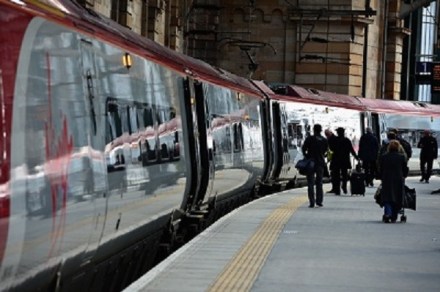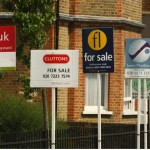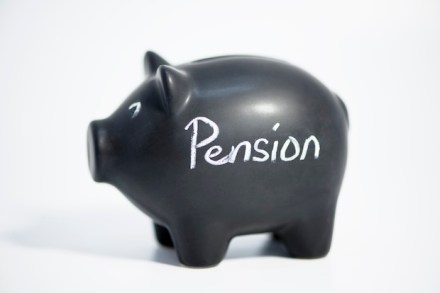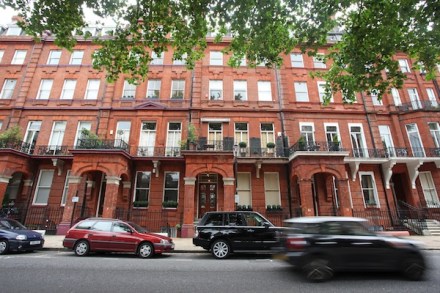How to get the best deal on your travel money
It’s one month until Easter and if you’re planning to make the most of the long weekend or the school holidays with a trip abroad be sure to also make the most of your travel money purchase. The fall in the value of sterling since the Brexit vote last June has made foreign holidays more expensive. The price of February half-term ski breaks was up nearly 12 per cent on average, according to M&S Bank. And while £1 would have got you €1.27 a year ago through the currency exchange and money transfer website xe.com, yesterday that had fallen to just €1.14 – a reduction of more than 10 per





















